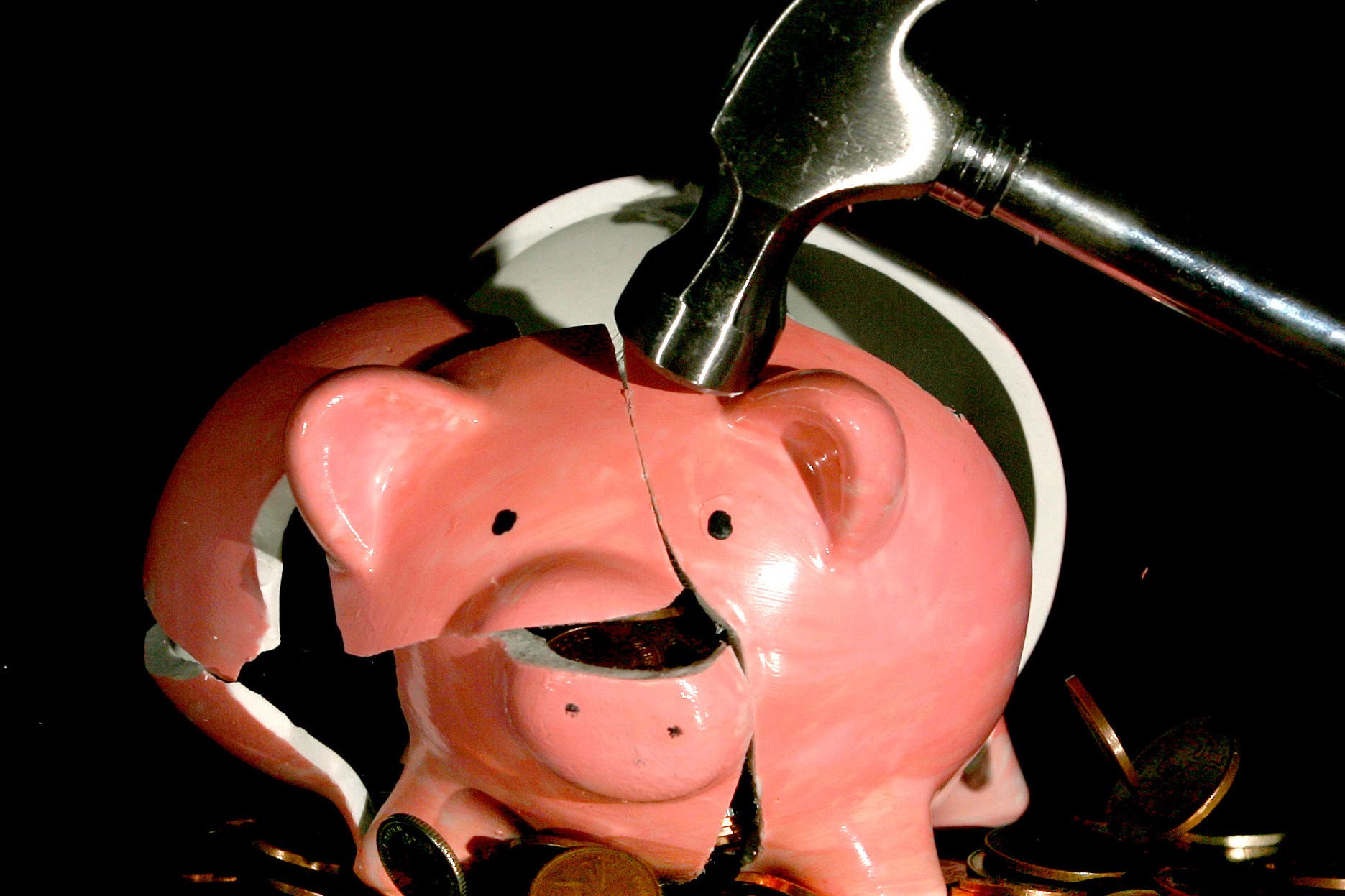Worrying proportion of households missing essential payments, says Which?
The cost-of-living crisis is continuing to have a significant impact on household finances and people’s ability to cover essentials.

Around one in 12 mortgage holders are estimated to have missed essential payments in the month to early March, according to Which?.
In the month to March 8, an estimated 8.1% of mortgage holders missed essential payments such as housing, utility bill, credit card or loan payments.
This is the third highest level that Which? has recorded for mortgage holders since its data tracking started in April 2020.
We'd encourage anyone who's struggling to seek free debt advice and reach out to their mortgage provider or landlord for help
Missed payment rates were also high among renters – with one in seven (14%) renters missing essential payments in the month to March 8.
Households who own their home outright were less likely to miss payments, with an estimated 1.6% experiencing this, down from 2.8% in February.
The research indicated that a rise in missed utility bills and credit card or loan payments was behind the overall increase in missed payments for mortgage holders and renters, Which? said.
The consumer group said its findings suggest that the cost-of-living crisis is continuing to have a significant impact on household finances and people’s ability to cover essentials.
More than half (54%) reported making at least one adjustment to cover essential spending such as utility bills, housing costs, groceries, school supplies and medicines in the past month.
Adjustments included cutting back on essentials, dipping into savings, selling possessions or borrowing.
Nearly a quarter (24%) of people surveyed believe their household financial situation will get better over the next 12 months, while three in 10 (31%) expect it to get worse.
Just over a fifth (21%) of people surveyed believe the UK economy will get better over the next 12 months, whilst half (50%) believe it will get worse.
One man from the east of England told researchers: “The cost of essential everyday items is still rising. Council tax is rising. I cannot get a pay rise.”
But a man from north-west England said that he expects his financial situation to improve as “both myself and my wife are due pay rises in the coming months”.
Which? urged people to contact their provider immediately for help if they are struggling to afford payments.
It also wants businesses in sectors providing essentials to do more to help consumers struggling to make ends meet and ensure they are giving value for money.
Rocio Concha, Which? director of policy and advocacy, said: “It’s very worrying that missed payment levels are still so high – with almost one in 10 mortgage holders missing a household payment in a single month.
“We’d encourage anyone who’s struggling to seek free debt advice and reach out to their mortgage provider or landlord for help.”
Around 2,000 people across the UK were surveyed by Yonder for Which?.
Bookmark popover
Removed from bookmarks